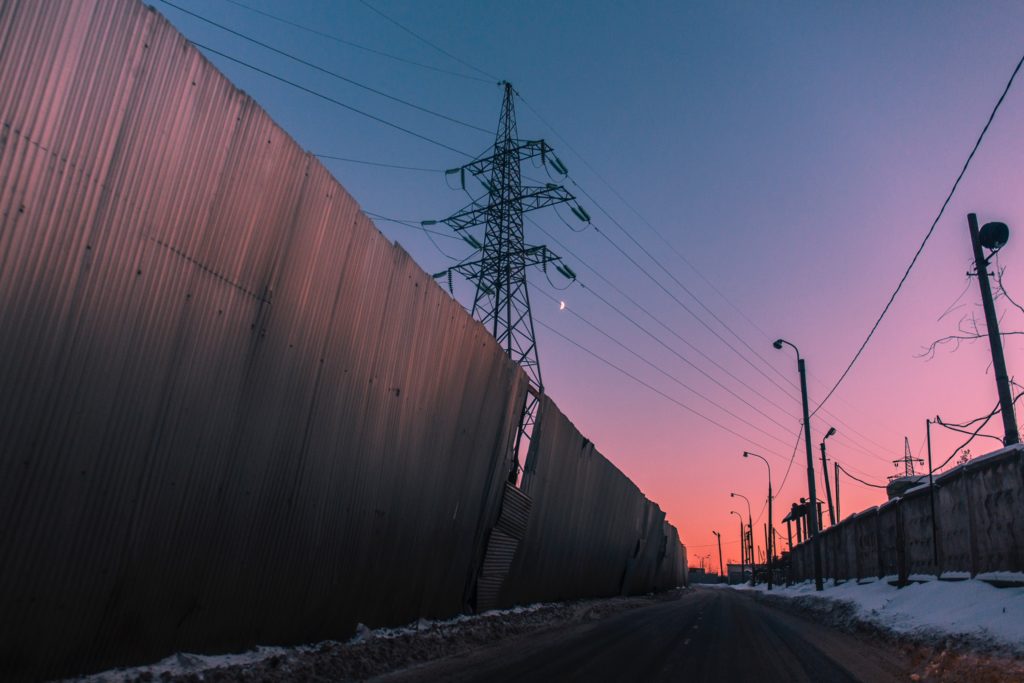The municipalities participating in the Western Cape’s project to move off the national power grid and beat load shedding have been revealed.
In Alan Winde’s State of the Province Address in Genadendal, he called on us to stand together, to lead from the front, to get the job done, and to provide the hope.
This is why, while delivering his “Budget for Hope” in the Western Cape legislature on Tuesday, Finance and Economic Opportunities MEC David Maynier highlighted the Municipal Energy Resilience project, reported IOL.
In the 2021 Budget Address, the MEC announced a total package of R217.83 billion over the medium term in the Western Cape. This breaks down to R72.39bn in 2021/22, R72.68 bn in 2022/23 and R72.77bn in 2023/24 in the Western Cape.
He explained over the medium term, the province will spend R48.8 million to beat load shedding.
“We know that load shedding costs the economy about R75 million per stage, per day in the Western Cape. When it comes to the economy, Covid-19 is a “left hook”, and load shedding is a “right hook”, which together often results in a knock-out blow that risks compromising economic recovery.
“Which is why we will spend R48.8 million over the medium term, and provide a further R20 million in the provincial reserves, for the MER project,” said Maynier.
The six candidate municipalities participating are:
- Drakenstein Municipality
- Mossel Bay Municipality
- Overstrand Municipality
- Saldanha Bay Municipality
- Stellenbosch Municipality
- Swartland Municipality
Collaboration with the City of Cape Town on the Municipal Energy Resilience Project is also on the cards.
The City of Cape Town reiterated its call on government to expedite the processes that would enable the procurement from IPPs “so that municipalities such as Cape Town can go forth and start breaking the sole reliance on Eskom for power provision.”
Image: Unsplash

